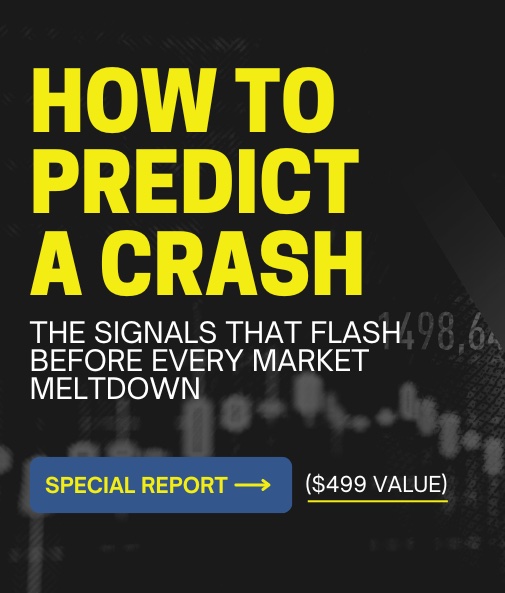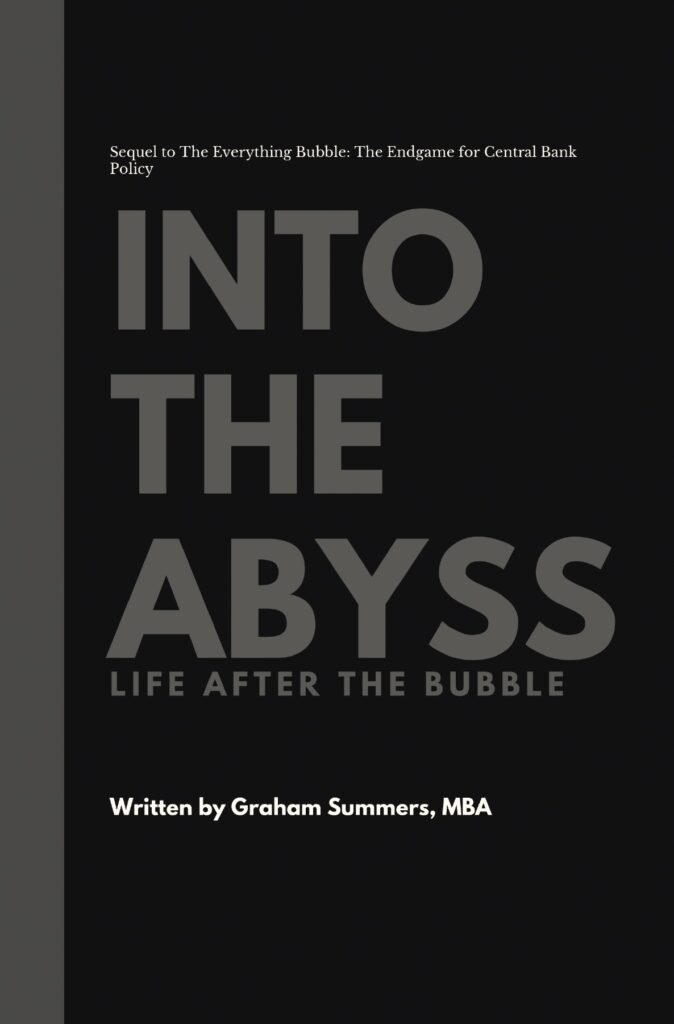By Graham Summers, MBA | Chief Market Strategist
Israel bombed Iran last night.
This is a complicated situation and frankly no one (not even the President of the United States, apparently) has all the information. I make that last point because we now know that Israel struck Iran despite President Trump urging them not to.
Israel’s attack was two pronged, focusing on:
- Iran’s nuclear facilities.
- Key scientists/ leaders involved in Iran’s nuclear enrichment programs.
Israel’s justification for the attack is that Iran was within “weeks” of being capable of building a nuclear weapon. Since Iran has commented previously that it intends to wipe Israel off the face of the earth, this presented an existential threat. I’m not justifying Israel’s actions; I’m merely presenting its leaders’ reasoning for why they did what they did.
The implications of this development are numerous. Some of the bigger ones of note:
- The U.S. was not involved in the attack. In fact, Israel acted against the U.S.’s advice.
- Israel has stated it will continue its attacks until the “threat is gone.” This is not a single event.
- How will Iran respond? Did Israel cripple Iran’s defenses adequately to stop a full-scale response or not?
- Iran has political and economic ties to both Russia and China. In this context, Israel’s move has the potential to involve larger nations both of which have tenuous relationships with the U.S. (Russia/ the U.S. are negotiating a ceasefire in Ukraine, while China/ the U.S. are negotiating a trade deal).
- Will other countries in the Middle East get involved in the situation?
And more.
Given the countries/ alliances involved, there is the potential for a very serious global conflict here. We can only hope and pray things don’t come to that.
Rather than waxing geopolitical on an extremely complicated topic that even experts frequently get wrong, investors are better served taking note of how the markets responded to this event.
That response…
Stocks dropped. Gold and Oil rallied. And the $USD initially DROPPED and is barely rallying!
That last point is key.
For decades the $USD has been considered a safe haven asset to which capital has flocked during times of global turmoil. During 9/11, the $USD rallied 2%. When Russia invaded Ukraine, it jumped a similar amount.
The $USD is NOT doing that this time. In fact, as I write this, it’s only up 0.6%. Given the geopolitical significance of what has just happened this is an incredibly muted response. Indeed, in the context of the $USD’s typical price action the move is barely noticeable.

This is a major “tell” from the financial system. We are in a new currency regime: one that will be defined by $USD weakness, even during times of geopolitical stress.
With that in mind, investors need to allocate capital accordingly: focusing on those investments that will produce extraordinary gains in face of $USD weakness.
I’m talking about natural resources/ hard assets.
To be clear: this trend was already well underway before Israel struck Iran. Gold has broken out against every major currency and is approaching all-time highs against the $USD.

Other hard assets charts are exhibiting similar signs of bullishness.
To be clear: there is a LOT of money to be made here with the right investments. These kinds of systemic trends only come around once in a blue moon, which is why you NEED to invest accordingly when they show up.
We recently detailed three investments that will profit beautifully from a weak $USD in a Special Investment Report titled How to Profit From Inflation.
This report explains WHY the $USD is so weak, what it means for the markets, and which investments will perform best in this new environment.
We made 99 copies available to the general public. As I write this, there are only 39 left.
To pick up yours…
Best Regards
Graham Summers, MBA
Chief Market Strategist
Phoenix Capital Research




